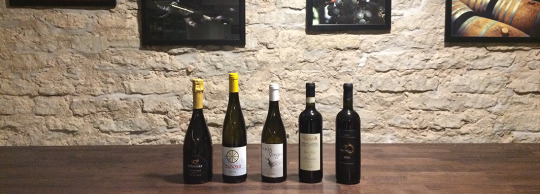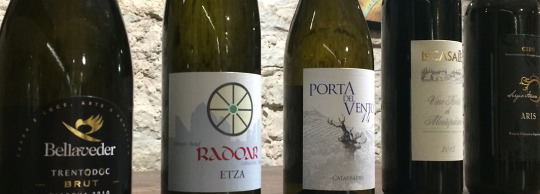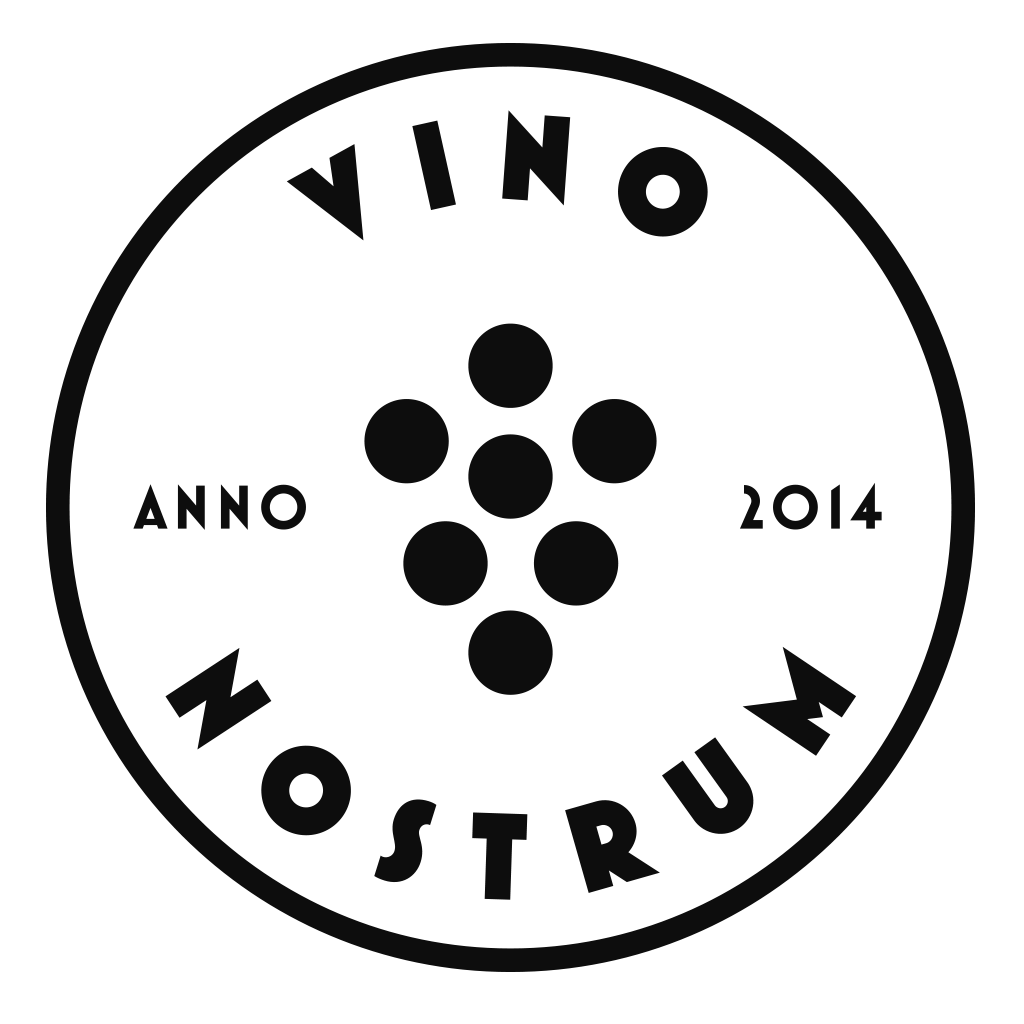
Say you like wine, but you’re a total beginner and don’t know what to look for when you’re browsing a wine shop’s shelves. You’ve heard of a few of the names, opened a few bottles, but are still learning the ropes. Maybe you think about joining a sommelier class but are not sure if you have the time or commitment required.
Tastings are a solid casual option to learn a few things and have a sip, in an hour of two, of as many different wines as you would usually drink in a few weeks, knowing for sure that there are no really bad choices among them. Plus, you can always pick up some of the jargon to impress your friends.
Maybe you have taken classes, or are somewhat of an enthusiast and know at least a few names of the appellations and wineries featured in a tasting and you find it’s an excellent way to expand your knowledge; adding a few labels to the ones you have already tasted.
Even for professionals tastings are extremely useful and help to stay up to date with new wineries and new vintages, or to explore the older and not readily available ones.

Whatever your level of knowledge is, there are always good reasons to sit at a table with ten (or even a hundred) total strangers and attend a tasting. When many bottles are opened and the costs are shared, you gain knowledge at a bargain price.
Here at Vino Nostrum we have an extreme knowledge advantage: we personally know and have visited all the producers, so we always have something more to say about them. I personally think the tenor of a tasting should be tailored to the audience so I’ll be quite informal for tastings of regularly available wines open to the general public at affordable prices. I would be speaking differently while presenting a 20-year vertical tasting of a very fine wine to an audience of fellow professionals.
Don’t forget that you can always ask your wine-related questions, either by mail or in person during one of the tastings. We’d love to tell you more about our (shared) passion.
Fabio Cagnetti

